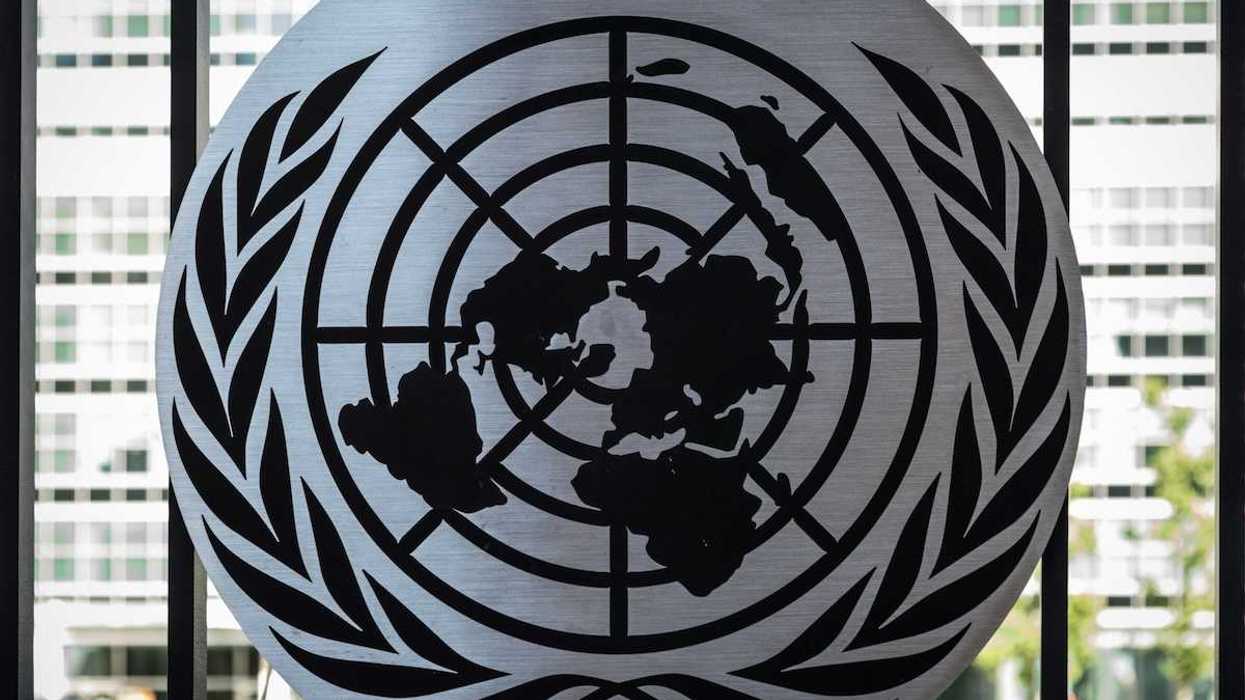Grassy Narrows First Nation has filed a lawsuit against the provincial and federal governments, accusing them of failing to address mercury contamination in their waters, which has severely impacted their community.
In short:
- Grassy Narrows First Nation is suing Ontario and Canada for not protecting their treaty rights by failing to address mercury pollution.
- The mercury contamination in the English-Wabigoon River system has persisted since the 1960s and has caused severe health issues for 90% of the community.
- Despite governmental promises and funding for cleanup and care facilities, the contamination remains a significant issue.
Key quote:
"Our mercury nightmare should have ended long ago, but it has been longer and worse because of the government's failure to live up to its obligations."
— Rudy Turtle, Chief of Grassy Narrows First Nation
Why this matters:
The lawsuit highlights ongoing environmental racism and the health crises faced by Indigenous communities due to industrial pollution. This contamination stems from industrial pollution dating back to the 1960s, when a paper mill upstream dumped mercury into the Wabigoon River. The toxin has since devastated the local environment and the health of the community members. High levels of mercury have been found in fish, a staple of the local diet, leading to widespread health problems, including neurological disorders and developmental issues in children.














